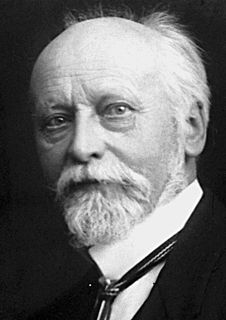A Quote by Ludwig Quidde
The security of which we speak is to be attained by the development of international law through an international organization based on the principles of law and justice.
Related Quotes
Nicaragua dealt with the problem of terrorism in exactly the right way. It followed international law and treaty obligations. It collected evidence, brought the evidence to the highest existing tribunal, the International Court of Justice, and received a verdict - which, of course, the U.S. dismissed with contempt.
The problem with the United States is that it is making an increased use of drones/Predators [which are] particularly prominently used now in relation to Pakistan and Afghanistan...My concern is that drones/Predators are being operated in a framework which may well violate international humanitarian law and international human rights law.
Justice is immortal, eternal, and immutable, like God Himself; and the development of law is only then a progress when it is directed towards those principles which like Him, are eternal; and whenever prejudice or error succeeds in establishing in customary law any doctrine contrary to eternal justice.
Human rights and international criminal law both illustrate the contradictory potential of international law. On one level, the imposition of human rights norms is a restraint on interventionary diplomacy, especially if coupled with respect for the legal norm of self-determination. But on another level, the protection of human rights creates a pretext for intervention as given approval by the UN Security Council in the form of the R2P (responsibility to protect) norm, as used in the 2011 Libyan intervention. The same applies with international criminal accountability.
































